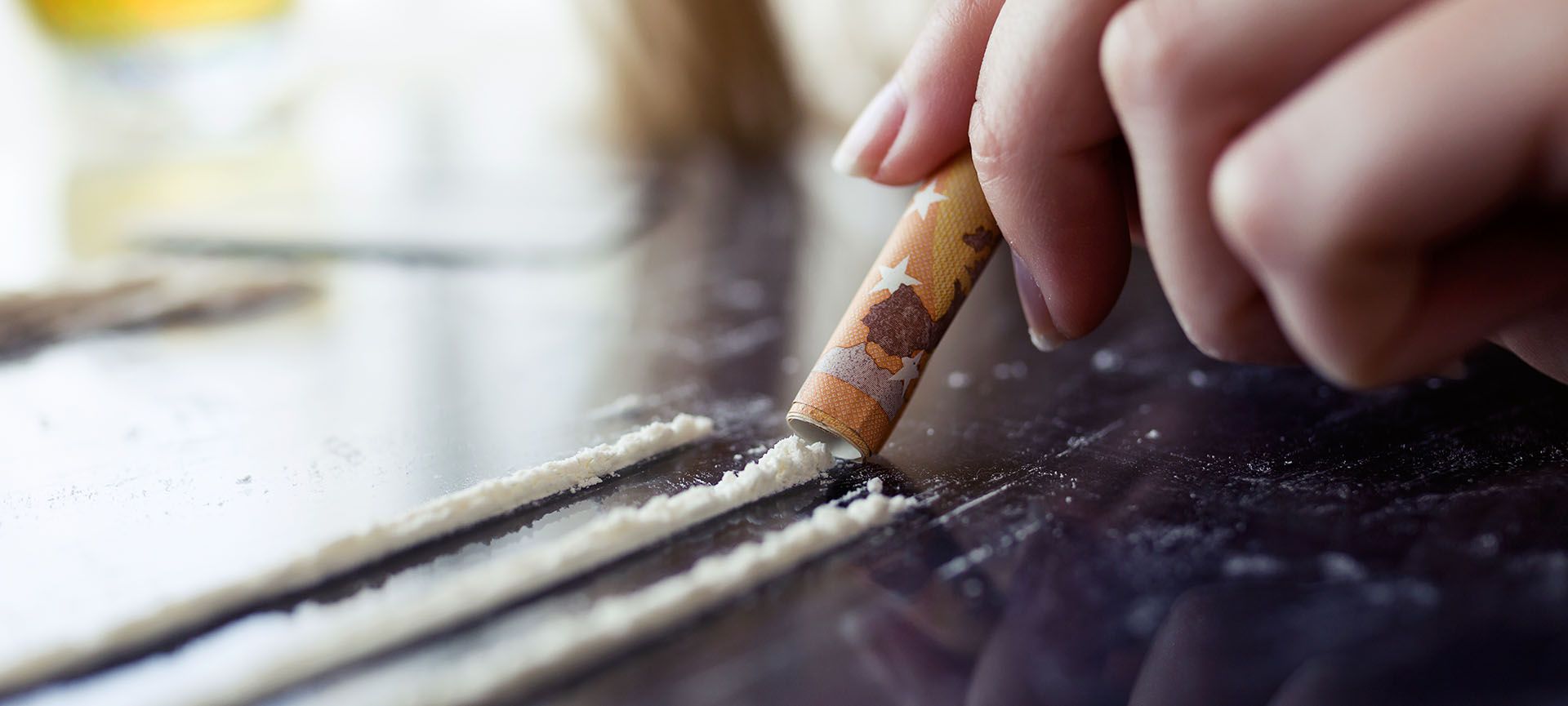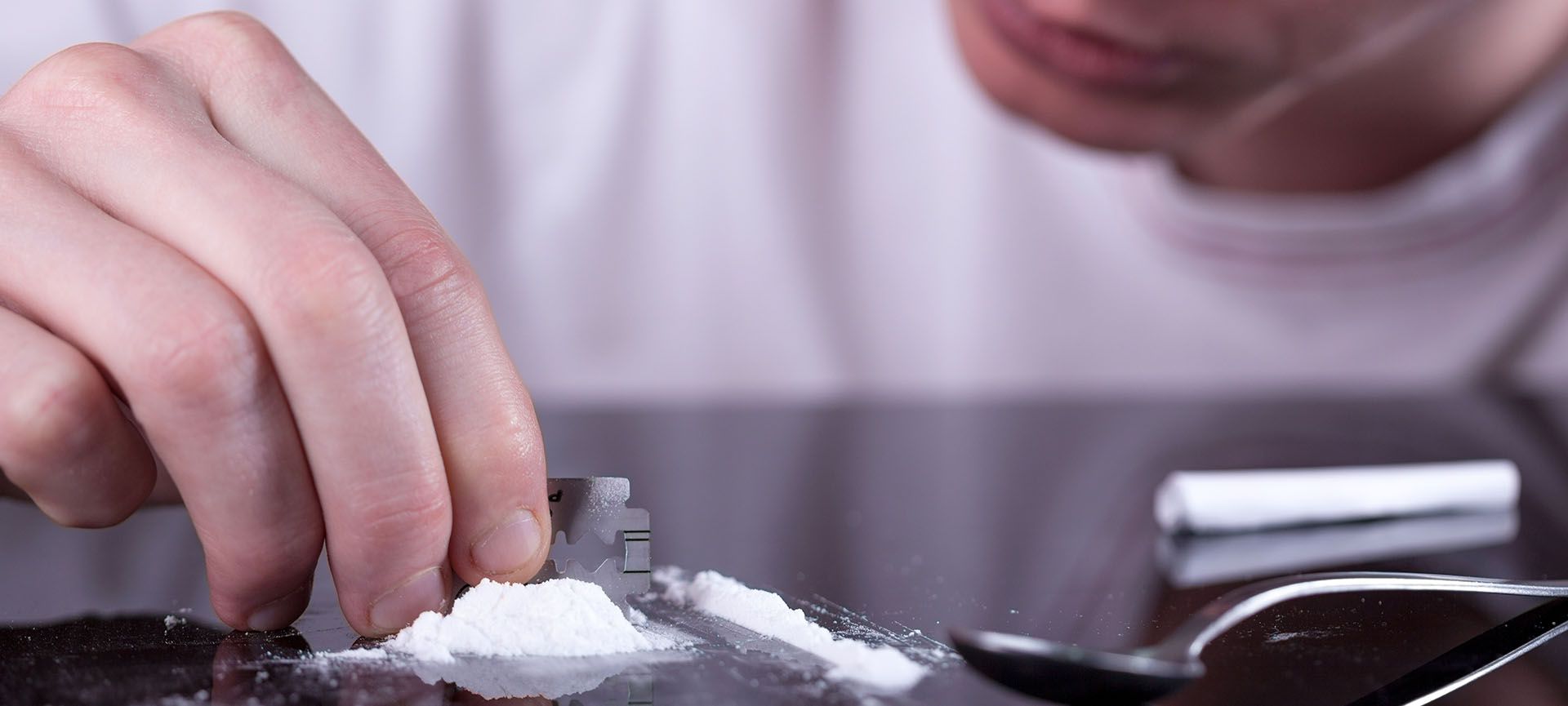
Cocaine Addiction And Intimate Relationships
Cocaine addiction casts a wide net: it impacts not only the addicted person, but also their friends, coworkers, and family members. The people most deeply affected are often the intimate partners. They take the brunt of the emotional abuse that frequently results from addiction. They have to deal with the financial fallout, they have to help the kids through the trauma they are experiencing, and they have to make tough decisions for the sake of their own physical and mental health.
While the primary focus of addiction treatment is, by necessity, on the addicted person, it is important that the impact on intimate partners be recognized. Many cocaine addiction treatment facilities offer support services to close family members who have been affected by the addiction. These services can include anything from educational workshops to family counselling and support groups.
Why Is Cocaine Addiction So Brutal?
In the natural course of events, when you experience something pleasurable, such as spending time with friends or engaging in an enjoyable activity, your brain produces a “feel-good” chemical called dopamine. When the dopamine molecules are released from a neuron, they go into the synapse – or gap – between neurons. From there, they attach to receptors on the destination neuron and fire off the electrical charge that you interpret as “happiness”. The dopamine molecules are then returned to the synapse and taken back up by the originating neuron.
When you use cocaine, the brain interprets this as a pleasurable experience and releases the usual amount of dopamine. However, once the dopamine has fired its signal and returned to the synapse, the cocaine blocks it from being taken back into the originating cell. This results in a literal flood of dopamine molecules in the synapses, which repeatedly bind to the receptors in the destination cells.
This results in the surge of ecstasy and energy commonly associated with cocaine, and it has two problematic outcomes. First, when the cocaine dissipates, the sudden drop in dopamine can result in a “crash” that leaves you feeling depressed, anxious, and paranoid. Second, if the brain becomes accustomed to these floods of dopamine in the synapses, it compensates by producing less dopamine.
In other words, you quite literally lose the capacity for happiness unless you use cocaine. The combination of physical dependence, cravings, and despair following a “come down” make cocaine addiction notoriously difficult to overcome.
How Does Cocaine Addiction Affect Intimate Relationships?
Cocaine addiction can adversely affect every area of your life, from your physical wellbeing to your financial security, and even your freedom. If you share your life with an intimate partner, that person can find that their own life becomes consumed by your addiction.
The Danger To Your Health
When you use cocaine, your blood vessels become constricted, which means your heart has to work harder to get blood around your body. This can lead to complications like ruptured blood vessels, heart attack, or stroke. Even in small doses, cocaine can slow or stop your breathing. If you use it in conjunction with alcohol, you are in even greater danger: the combination of substances results in the production of cocaethylene, which increases your risk of sudden death.
What makes cocaine especially harmful is the fact that the people who produce and sell it frequently combine it with other substances, usually to cut the cost. When you obtain cocaine from a dealer, you can never be sure exactly what you are getting. In the event of an overdose, this makes the jobs of medical responders very difficult, since you could be experiencing unpredictable symptoms.
This can cause lasting trauma to a spouse or partner, who could well be the person who finds you unresponsive following an overdose. If you continue to use cocaine after such a medical emergency, your partner may find themselves in a permanent state of hypervigilance when it comes to your health.
Your partner’s health could also be impacted in a more direct way. Cocaine often results in high-risk behaviour, such as unprotected sex with strangers and the use of shared needles. These actions can result in diseases like HIV, which you can transmit to your partner.
A Loss Of Financial Stability
Cocaine addiction is an expensive habit to maintain, and it often leads to a great deal of secrecy where the family finances are concerned. People who are addicted for long enough find themselves buying cocaine with money intended for living expenses, such as bills and groceries. Intimate partners are frequently left in the dark as to where the money is going, and they have to carry the resulting financial burden. What makes this more challenging is that addiction can impact your ability to work. You may be late or absent on many occasions, and when you do make it to work, you may be unable to perform your job safely or effectively. Ultimately, you can lose your job, which adds to the financial stress on your partner.
Losing Your Freedom
Because cocaine generates such intense feelings of ecstasy and confidence, as well as a surge of energy, those who use it are prone to engaging in risk-taking behaviour without regard for the possible consequences. For some people, this means impaired driving. For others, it means breaking and entering, assault, property damage, or other forms of criminal activity. You could find yourself in trouble with the law. Any form of imprisonment can be devastating for the family of the person accused of the crime.
When Addicts Lash Out
Cocaine addiction can lead to mood swings, paranoia, anxiety, and a range of unpredictable emotions. It has been said that we always hurt the ones we love the most, and that is certainly true of a lot of people with addictions. The intimate partners are frequently targeted with verbal abuse and bullying, aggressive behaviour, and argumentativeness. In some cases, the aggression turns into violence and loved ones have to make the difficult decision to stop living with the addicted person. If children are in danger, they could be removed from the home.
Helping Addicted People And Their Intimate Partners
Although cocaine addiction is difficult to overcome, it can be done with the proper help and support. At Thousand Islands Rehab Centre, we do not treat the addiction, we treat the person it is happening to. In a safe, judgement-free zone, we will help you overcome your cravings and deal with the underlying causes of the addiction.
We will provide support for your intimate partner as well: through family therapy, we will help you repair the damaged relationship and learn how to communicate effectively. You and your partner will learn how to face challenging times together, and how to constructively address conflicts that arise. Most importantly, you will be able to help your partner rebuild trust in you, bit by bit.



